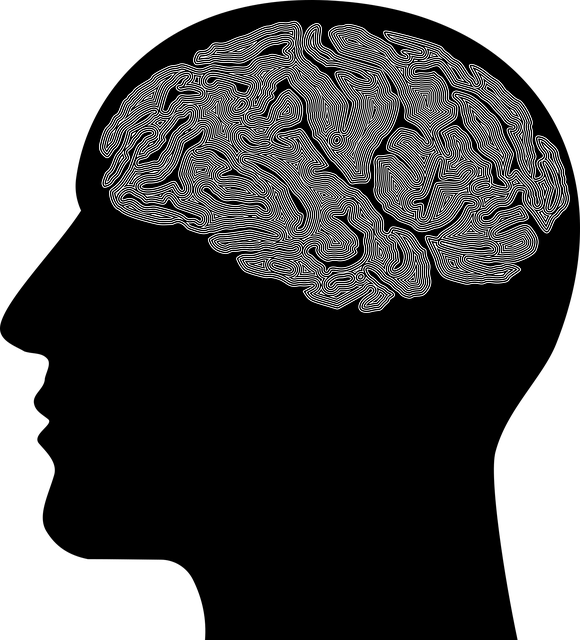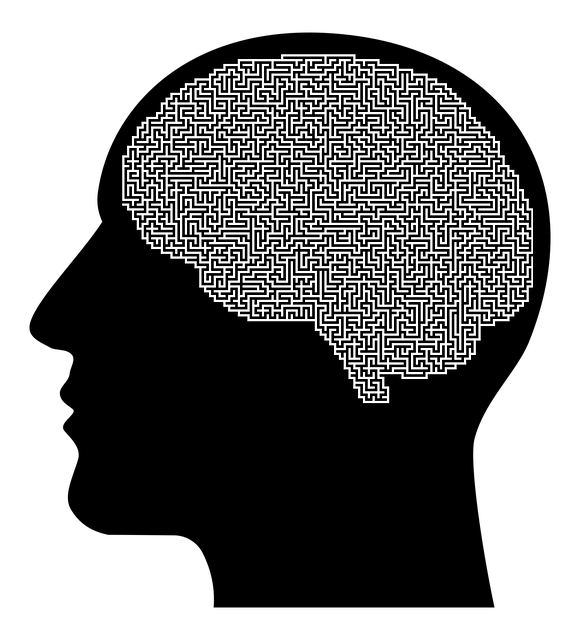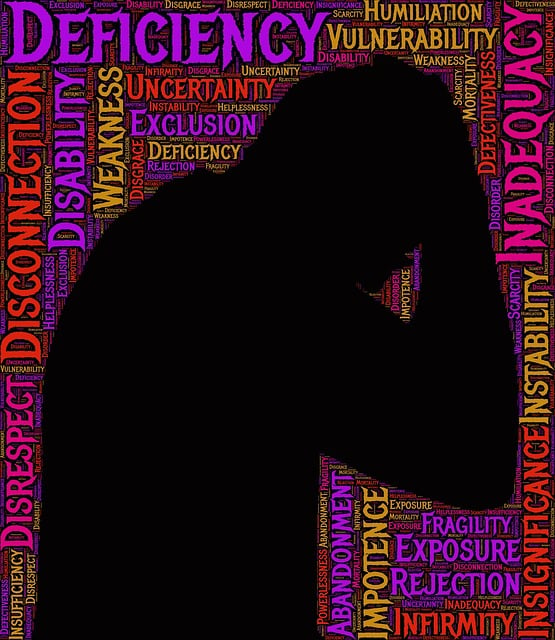Englewood Functional Neurological Disorder Therapy (EFNT) leverages Resilience and Functioning through Movement (RFM) to empower individuals with EFND. By assessing risk factors, enhancing functional abilities, and boosting motivation, RFM addresses key aspects of EFND, including body awareness, sensory integration, and motor planning. Mindfulness meditation tackles stress, communication skills improve social functionality, and self-care routines increase motivation, fostering better mental health outcomes and resilience. Regular progress tracking is crucial for adjusting therapeutic approaches, ensuring optimal resilience development tailored to individual needs.
“Explore the transformative power of RFM (Resilience, Flexibility, and Mobilization) in Englewood Functional Neurological Disorder (EFND) therapy. This article delves into how structured resilience-building exercises can enhance individuals’ coping mechanisms and overall well-being. We examine the core concepts of RFM, its specific application for EFND patients, and the importance of tracking progress to tailor strategies effectively. Discover how this holistic approach contributes to significant improvements in managing symptoms and fostering adaptability.”
- Understanding RFM and Its Role in Resilience Building
- Implementing RFM Exercises for Individuals with Englewood Functional Neurological Disorder (EFND)
- Tracking Progress and Adjusting Strategies for Optimal Resilience Development
Understanding RFM and Its Role in Resilience Building

Resilience is a vital asset for individuals navigating life’s challenges, and Understanding RFM (Risk, Functionality, and Motivation) is key to building this strength. This framework, often utilized in Englewood Functional Neurological Disorder Therapy, offers a unique perspective on enhancing mental fortitude. By assessing an individual’s risk factors, identifying functional abilities, and cultivating motivation, RFM becomes a powerful tool for personal growth and well-being.
For instance, mindfulness meditation can be a strategy to manage stress under the ‘Risk’ component, while communication strategies might improve social functionality. Self-care routine development is another crucial aspect; encouraging healthy habits and consistent self-attention can significantly boost motivation levels. These exercises not only empower individuals to cope with adversity but also foster a sense of control and empowerment, contributing to better mental health outcomes.
Implementing RFM Exercises for Individuals with Englewood Functional Neurological Disorder (EFND)

For individuals grappling with Englewood Functional Neurological Disorder (EFND), implementing Resilience and Functioning through Movement (RFM) exercises can be a game-changer in their therapy journey. RFM is designed to help clients cultivate inner strength and emotional regulation, essential components for managing EFND symptoms. These exercises focus on body awareness, sensory integration, and motor planning, which are often affected in individuals with EFND.
Through engaging in RFM, therapists can guide patients to develop strategies for stress management and improve their overall resilience. By incorporating movement-based activities tailored to individual needs, clients can enhance their emotional regulation skills, enabling them to better navigate the challenges posed by EFND. This holistic approach to therapy not only addresses physical symptoms but also fosters a sense of empowerment and self-efficacy in managing daily life demands.
Tracking Progress and Adjusting Strategies for Optimal Resilience Development

Regularly tracking progress is paramount when implementing resilience building exercises, especially for individuals navigating Englewood Functional Neurological Disorder Therapy (EFNT). This involves setting measurable goals and using various assessment tools to gauge improvements in emotional regulation, coping mechanisms, and overall well-being. By documenting these milestones, therapists can identify areas where strategies are effectively enhancing resilience and those that require refinement.
Adjusting approaches based on progress is a key component of optimal resilience development. If Self-Care Practices and Mental Health Awareness initiatives prove successful, further integration of Emotional Intelligence training might be indicated. Conversely, if certain techniques aren’t yielding desired results, therapists can pivot, trying alternative strategies to cater to individual needs. This dynamic approach ensures that the resilience-building program remains tailored, engaging, and ultimately more effective in supporting individuals through their EFNT journey.
The implementation of RFM exercises has shown significant potential in enhancing resilience among individuals with Englewood Functional Neurological Disorder (EFND). By understanding the core principles of RFM and its role in building mental fortitude, therapists can tailor these strategies to meet the unique needs of EFND patients. Through consistent practice and tracking progress, individuals can develop greater adaptability and coping mechanisms, leading to improved quality of life. This data-driven approach, combined with regular adjustments, ensures that Englewood Functional Neurological Disorder therapy remains effective and optimized for each patient’s journey towards resilience.














